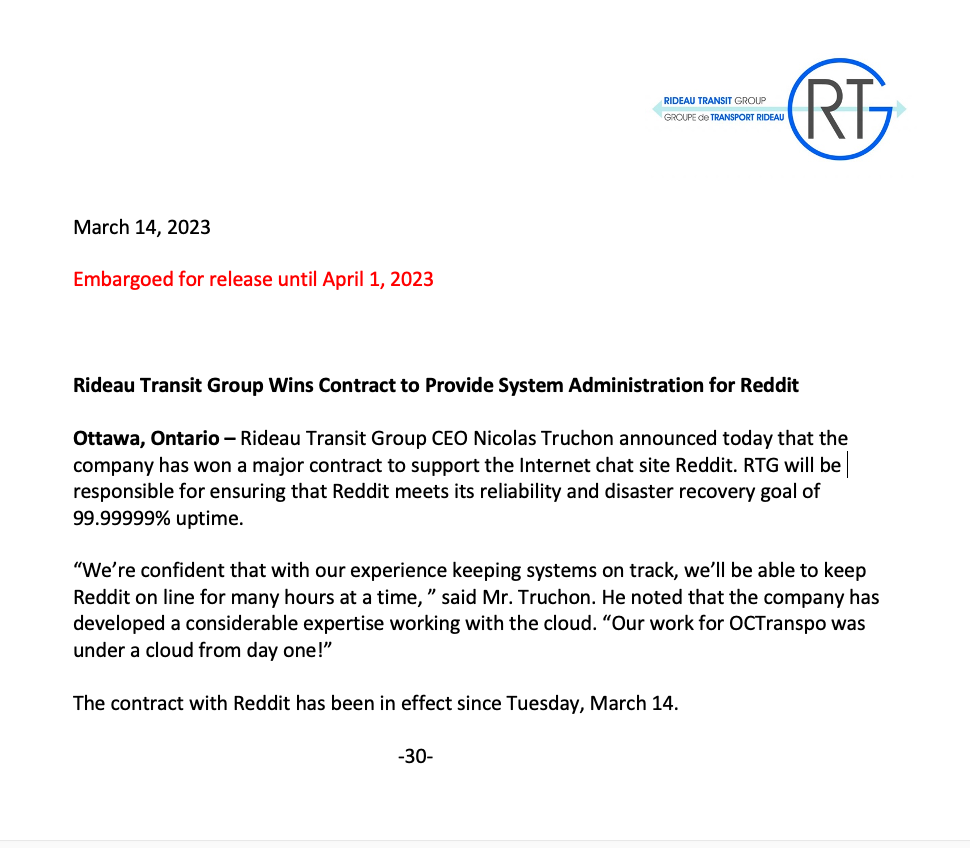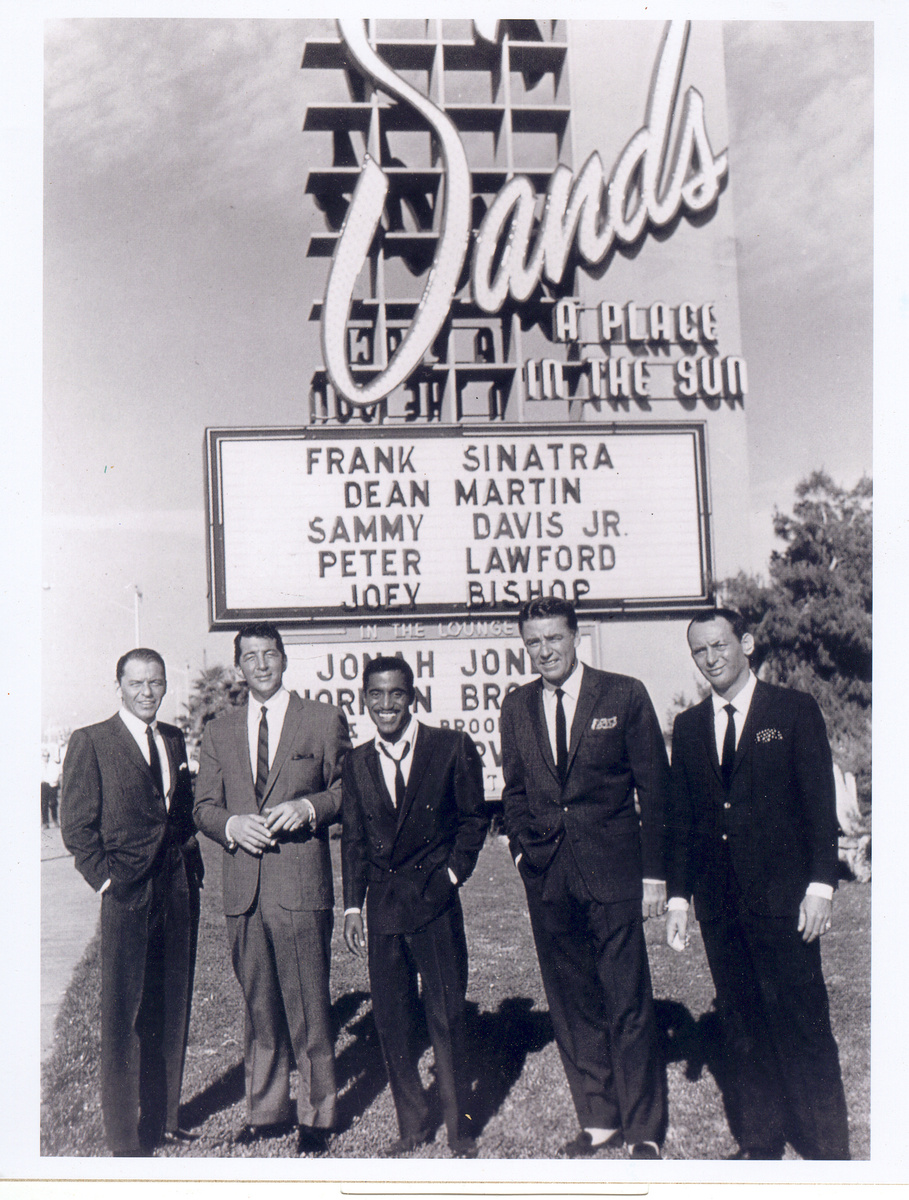The Epic History Of The Brooklyn Bridge: As Told By Barbara Mensch

Table of Contents
The Dream and the Design: Early Plans and Challenges
John A. Roebling's Vision
John A. Roebling, a visionary engineer, conceived the Brooklyn Bridge as a daring feat of engineering. His innovative cable-stayed design, a revolutionary approach for its time, was met with significant skepticism. Roebling envisioned a bridge that would not only connect Brooklyn and Manhattan but also redefine the possibilities of bridge construction.
- Financing: Securing the necessary funds for such an ambitious project proved incredibly challenging.
- Material Sourcing: Obtaining the vast quantities of high-quality materials required for the bridge's construction presented a significant logistical hurdle.
- Public Perception: Many doubted the feasibility of Roebling's ambitious plan, questioning its structural integrity and its potential impact on the city's landscape. The sheer scale of the undertaking was unprecedented. This made securing support from investors and the public essential for the project's success. The Brooklyn Bridge construction was a huge undertaking requiring much planning.
Overcoming the Obstacles
The early stages of Brooklyn Bridge construction were fraught with difficulties. Tragically, John A. Roebling died from tetanus after an accident during the initial phases of construction. However, his legacy lived on through his wife, Emily Warren Roebling. She played a crucial role in overseeing the project's completion, demonstrating remarkable courage and determination in the face of adversity.
- Emily Warren Roebling's Leadership: Despite facing considerable societal pressures and gender inequality, she learned engineering principles and directed the construction from her sickbed for years.
- Construction Setbacks: Numerous unforeseen challenges, including difficult underwater work and technological limitations, threatened to derail the project. Ingenious solutions were continuously developed to overcome obstacles.
- Engineering Innovations: The project spurred innovation in various fields, leading to advancements in cable-spinning techniques, caisson construction, and overall bridge building methodologies.
Construction: A Monumental Feat of Engineering
The Workforce and its Challenges
The construction of the Brooklyn Bridge involved a diverse workforce of thousands, comprising highly skilled laborers from various backgrounds. These men worked tirelessly under harsh conditions.
- Brooklyn Bridge Construction Workers: Ironworkers, riggers, and other skilled tradespeople risked their lives daily, working long hours in often dangerous environments.
- Labor History: The project provides a valuable glimpse into the labor history of the 19th century, highlighting the dedication and resilience of the workers who built this iconic structure.
- Working Conditions: Safety regulations were rudimentary, and accidents were common. The challenges faced by these workers underscore the monumental effort involved in building the bridge.
Technological Marvels
The construction of the Brooklyn Bridge was a showcase of groundbreaking engineering techniques and technologies.
- Caisson Construction: The use of caissons to build the bridge's foundations was a remarkable achievement, allowing workers to lay the groundwork in the challenging environment of the East River. The difficulties of working underwater are hardly imaginable today.
- Cable-Spinning: The innovative cable-spinning techniques used in the bridge's construction were essential to its structural integrity and remain a testament to the ingenuity of the engineers and workers involved.
- Bridge Construction Technology: The Brooklyn Bridge’s construction pushed the boundaries of what was considered possible at the time, leading to advancements in bridge construction technology that influenced bridge designs for decades to come. This was an engineering marvel.
The Brooklyn Bridge's Legacy and Impact as Seen Through Barbara Mensch's Work
Beyond the Structure
The Brooklyn Bridge's impact extends far beyond its physical presence. It profoundly reshaped the landscape of New York City and its surrounding areas.
- Urban Development: The bridge spurred significant urban development in Brooklyn, facilitating its growth and transforming it from a largely rural area into a major center of commerce and population.
- Cultural Impact: The Brooklyn Bridge has become a potent symbol of New York City, appearing in countless works of art, literature, and film, solidifying its place in popular culture.
- Social Impact: The bridge’s construction and subsequent use profoundly impacted the social fabric of New York City, connecting communities and fostering economic growth. Barbara Mensch's research provides insights into the social context surrounding the bridge's construction and its societal influence.
Barbara Mensch's Contributions
Barbara Mensch's research and writing offer a unique perspective on the Brooklyn Bridge's history. Her work unearths the often-overlooked stories behind the iconic structure.
- Historical Research: Mensch's meticulous research brings to light fascinating details about the individuals involved in the bridge's construction, their struggles, and their triumphs.
- Brooklyn Bridge History: Her contributions provide a more nuanced and comprehensive understanding of the bridge's historical context, adding valuable depth to our knowledge.
- Author Insights: Mensch's insightful analysis sheds light on the societal impact of the bridge and its enduring legacy. Her perspective illuminates the human element of this massive undertaking, moving beyond mere engineering details.
Conclusion
The Brooklyn Bridge’s construction represents a pivotal moment in engineering and urban history. From John A. Roebling's visionary design to the monumental efforts of the construction workers and the unwavering dedication of Emily Warren Roebling, the story is filled with challenges overcome and triumphs celebrated. Barbara Mensch's work provides invaluable insight into this epic tale, enriching our understanding of this iconic structure’s creation and enduring legacy. Explore the fascinating history of the Brooklyn Bridge and discover the untold stories by diving into Barbara Mensch's work (mention book title or resource here if available). Learn more about the Brooklyn Bridge and its enduring impact on New York City and the world.

Featured Posts
-
 Red Sox Closer On Free Agency His Next Move Revealed
May 18, 2025
Red Sox Closer On Free Agency His Next Move Revealed
May 18, 2025 -
 Finding The Best Crypto Casino Sites In Australia For 2025
May 18, 2025
Finding The Best Crypto Casino Sites In Australia For 2025
May 18, 2025 -
 Top Australian Crypto Casinos For 2025 Games Bonuses And Security
May 18, 2025
Top Australian Crypto Casinos For 2025 Games Bonuses And Security
May 18, 2025 -
 Dokovicev Doprinos Mensikovom Uspehu U Novacama
May 18, 2025
Dokovicev Doprinos Mensikovom Uspehu U Novacama
May 18, 2025 -
 Worldwide Reddit Outage Leaves Thousands Unable To Access The Platform
May 18, 2025
Worldwide Reddit Outage Leaves Thousands Unable To Access The Platform
May 18, 2025
Latest Posts
-
 Understanding Downtown Las Vegas Resort Fees In 2024
May 18, 2025
Understanding Downtown Las Vegas Resort Fees In 2024
May 18, 2025 -
 Exploring The History Of The Rat Pack And Their Preferred Casinos
May 18, 2025
Exploring The History Of The Rat Pack And Their Preferred Casinos
May 18, 2025 -
 Downtown Las Vegas Hotel Resort Fees A Complete Guide
May 18, 2025
Downtown Las Vegas Hotel Resort Fees A Complete Guide
May 18, 2025 -
 Pocket Pokies Casino And The Legacy Of The Rat Pack Casinos
May 18, 2025
Pocket Pokies Casino And The Legacy Of The Rat Pack Casinos
May 18, 2025 -
 The Rat Packs Favorite Casinos Then And Now
May 18, 2025
The Rat Packs Favorite Casinos Then And Now
May 18, 2025
